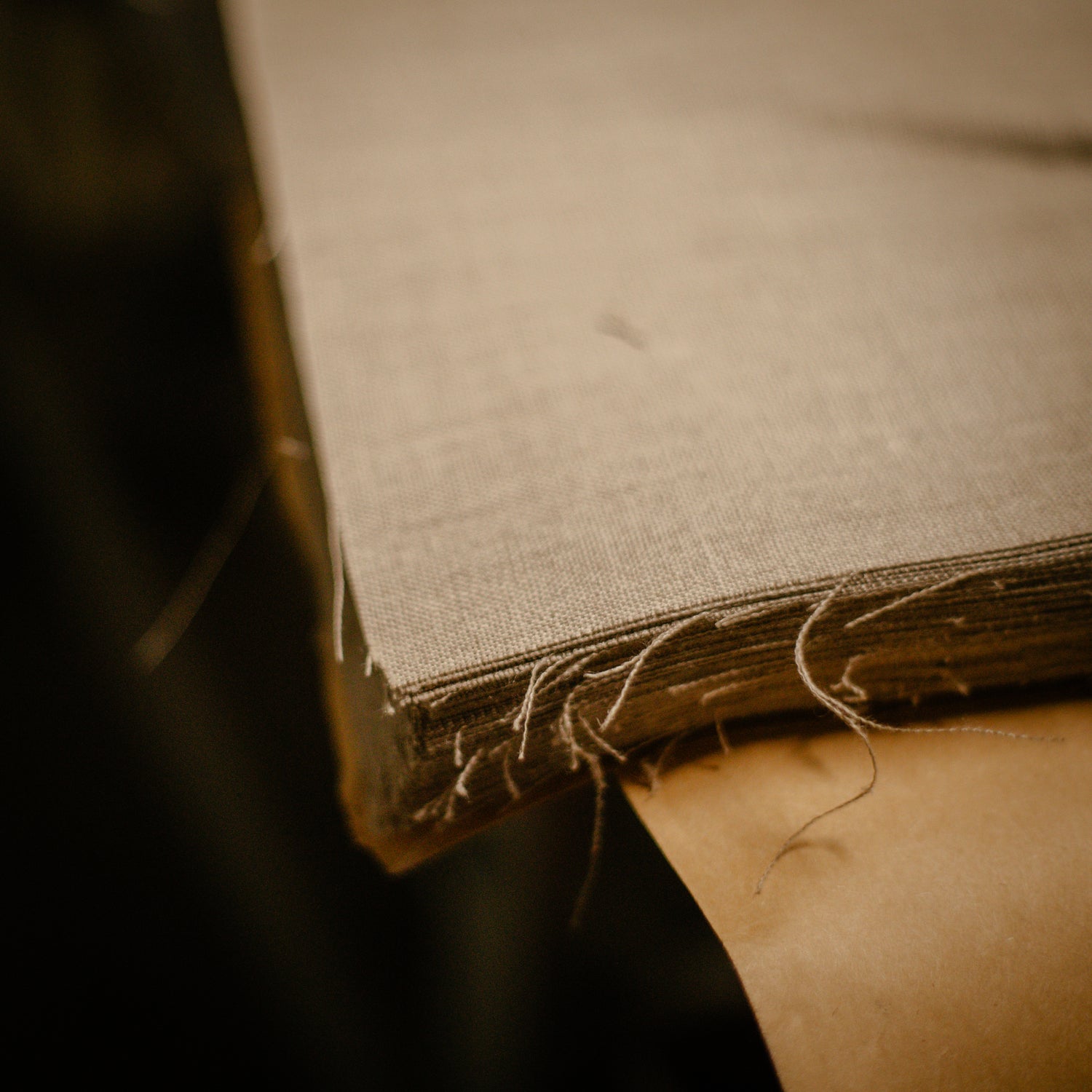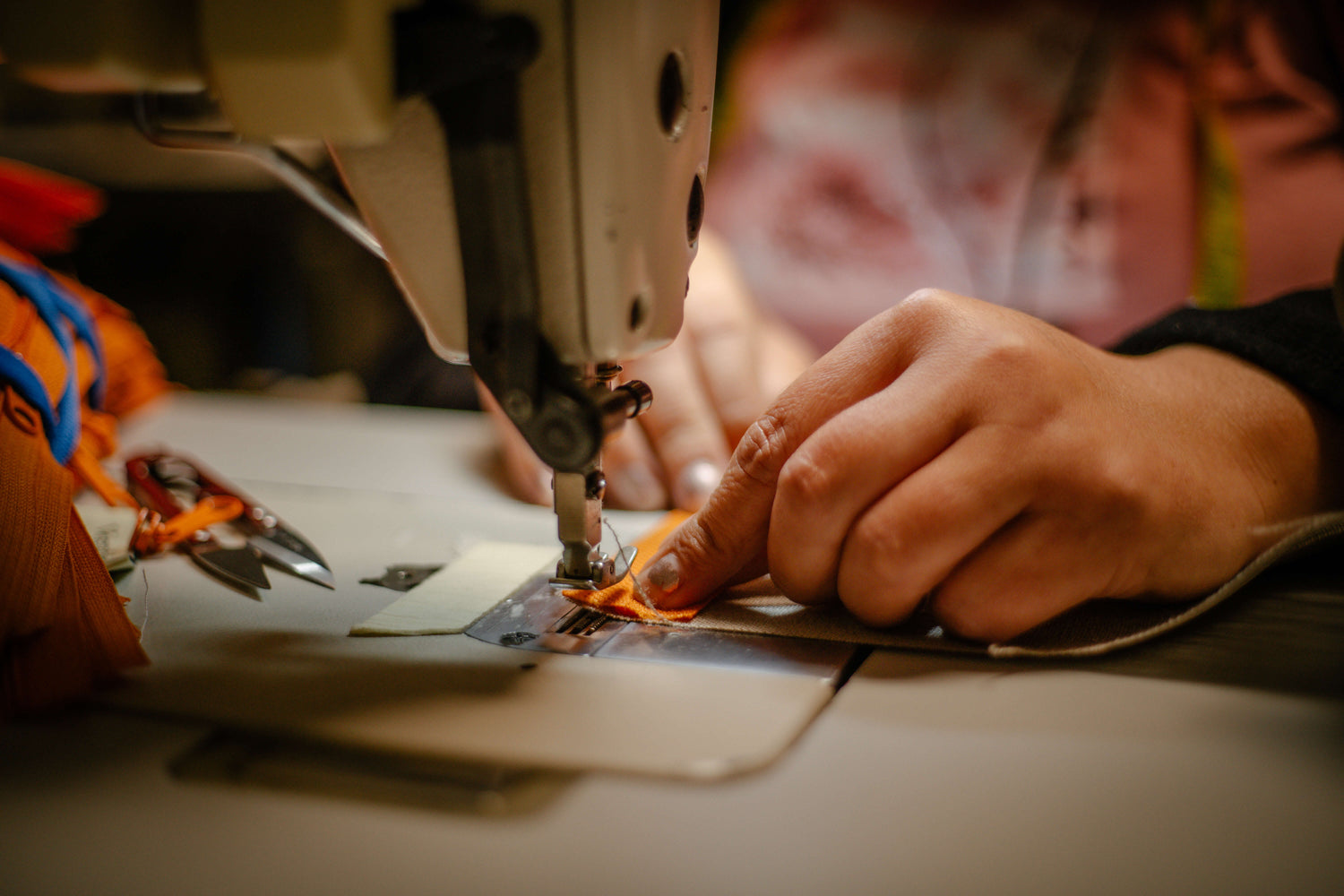Rooted in Legacy
Ambrosia began in 2016 when my mom, Jan Rem, was 62. One summer evening she came in from the garden with a monumentous harvest of basil and no way to keep it fresh. The moment stirred childhood memories of her grandmother’s icebox, where greens were always wrapped in linen.
A lifelong seamstress who often made our clothes as children, she sat down in her sewing room in our modest Ojai home and stitched the very first Ambrosia Bag. Soon after, a visit to historic linen mills in Europe deepened her respect for the textile that became the heart of our work.
Jan and her husband, Norm, then began sharing the bags under the live oaks at the Ojai Farmers Market, where families discovered a fresher, more natural way to care for food. They built a following one conversation at a time, offering something simple yet powerful: a better way to care for what feeds us.
In 2021 I joined the family business, bringing my background in sales and my passion for sustainability and urban farming to help carry Ambrosia forward. Today, they still pack each order with care from our workshop in Ojai, while I focus on bringing Ambrosia Bags into kitchens across America and beyond.
What started with my mom’s idea has become something much bigger than a produce bag. It is about making small, thoughtful choices that feel good in your hands and do good in the world.
Thanks for being an integral part of the story.
Jordan Grieg


Made Better. For Your Kitchen and Mother Earth
-

Thoughtfully Sourced
The body of our bag is 100% raw European flax linen, a durable and breathable textile that requires far less water and energy than cotton. Strong and naturally low-impact, it’s made to last through years of everyday use in your kitchen.
-

Fair Wage, Close to Home
Every Ambrosia Bag is handcrafted in Southern California by skilled artisans earning fair wages. When you shop with us, you're supporting ethical labor and local craftsmanship from start to finish.
-

Less Waste, More Fresh
Our linen was specially selected to support the ideal environment for produce. By helping your fruits and vegetables stay fresh longer, it can mean crisper greens, fewer grocery runs, and less food wasted.






